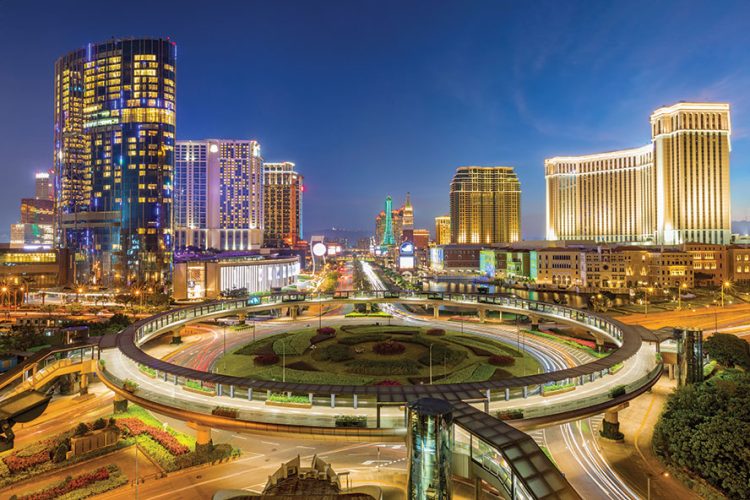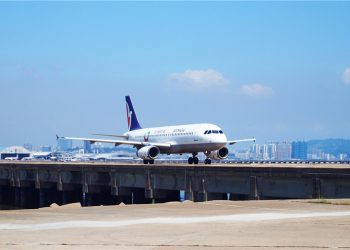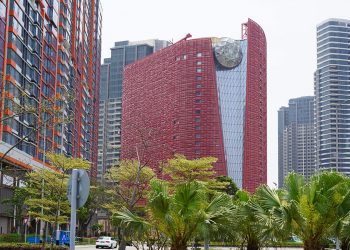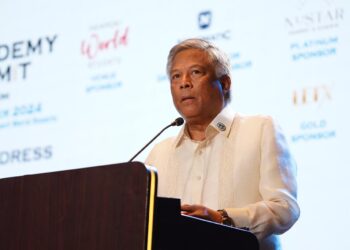On Friday afternoon we learnt the Macau government “hopes the concessionaires will start recruiting ‘foreign’ customers,” – those from outside mainland China, the Hong Kong and Macau SARs and Taiwan – and is even willing to offer some tax breaks to the concessionaires if they are able to do so.
This is fantastic news. I say, “Sign me up! I’m in!”
Source of funds
We were told on Friday the reason for seeking “foreign” customers was the tightening of offshore gaming laws in mainland China, making it “difficult” for mainland visitors to come to Macau to gamble. I think we have all read the memo. The central government has made it abundantly clear it doesn’t want hordes of its citizens coming to Macau and dropping a bundle of cash.
For years, Macau has grabbed the low hanging fruit – the easy money available from Chinese customers, who were chafing at the bit to come to Macau:
| Year | Visitation (m = million) |
From the mainland |
From Hong Kong |
From Taiwan |
Total |
|---|---|---|---|---|---|
| 2015 | 31m | 67% | 21% | 3% | 91% |
| 2016 | 31m | 66% | 21% | 4% | 91% |
| 2017 | 33m | 68% | 19% | 3% | 90% |
| 2018 | 36m | 71% | 18% | 3% | 92% |
| 2019 | 39m | 71% | 19% | 3% | 93% |
| Average | 34m | 69% | 20% | 3% | 92% |
Our (pre-pandemic) visitation is remarkably consistent: 70% from the mainland, 20% from Hong Kong and 3% from Taiwan. If anything, greater China visitation has been edging upwards. And while 70% of visitation comes from mainland China, experts estimate that such visitors are responsible for closer to 90% of gaming revenue.
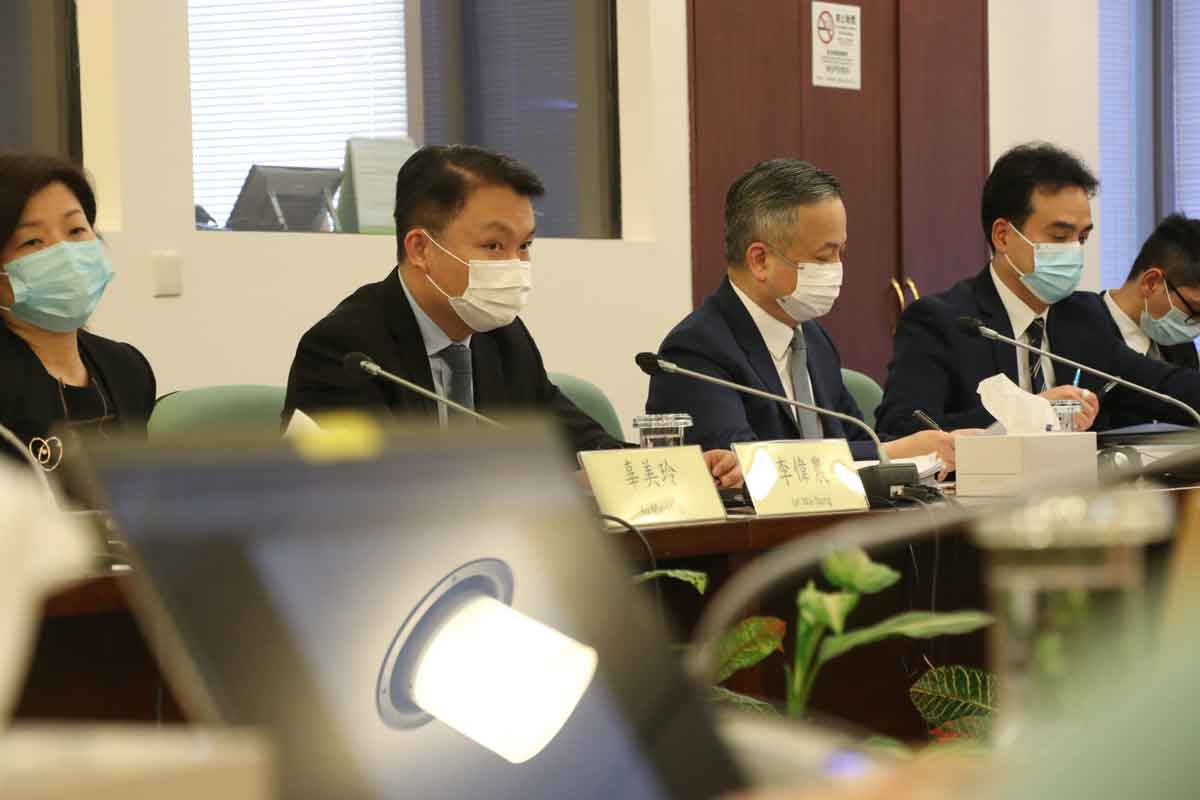
Changing the narrative
For well over a decade, we’ve been hearing that the Macau government wants the SAR to become – all together now, you know the words – “A World Center of Tourism and Leisure.”
But the simple fact of the matter is we have not been that. We’ve been a center for Chinese visitation – not world visitation. The numbers are plain to see. Compare this to say Las Vegas – currently booming by the way – which for the same 2015 to 2019 five-year period averaged 42 million visitors annually of which an average of 6 million (14%) were from outside the United States. And remember, aside from Mexico and Canada, which have a combined population of 167 million, flying to the US involves a long-haul intercontinental flight. Compare this to Asia outside greater China, with a population of 2.7 billion and nearly 50 countries – all potential feeder markets for Macau and most within easy flying distance of just a few hours.
If we substantially increase visitation from outside greater China, we could change the narrative from Macau being a place that facilitates capital flight from China to a place that brings valuable foreign currency into China. And that would be music to the ears of the central government.
Coherent and consistent policies to support foreign visitation
Local Macau people are, rightly, worried about the future of Macau. All the government talk of diversification is great – and indeed should be pursued – but the plain and simple fact is that some 80% of government revenues and around 70% of GDP comes from the tourism and gaming industry, which also directly employs about 30% of workers in Macau, and indirectly many more than that.
The government can’t ask the Macau concessionaires to find customers from outside China, and demand a certain floor amount of taxation revenue, and then implement a range of policies which hobble the industry and discourage visitation – foreign or otherwise. It’s important to give the gaming industry some confidence that the government backs them and isn’t treating them like some sort of pariah.
You want some examples? Ok, it’s well known that for some time now Macau government officials have been actively discouraged from attending events that senior gaming executives will attend. While quarantines and travel restrictions are being relaxed across the planet, Macau remains effectively closed to the outside world. The concessionaires must continue employing staff they clearly don’t need, just to keep the unemployment figures as low as possible. And whenever the government needs some cash for its latest initiative or promotion – the six concessionaires are “asked” to become dutiful sponsors, despite already participating in a wide-ranging pantheon of CSR activities.
If mainland China is going to discourage visitation to Macau and therefore not support Macau’s major industry, why does Macau have to copy Chinese policies regarding foreign visitation? Especially when the SAR government says it wants to encourage foreign customers.
It’s a bit like France shunning its cuisine industry, Italy shutting down the fashion industry, Germany discouraging motor vehicle production or Hollywood treating the movie industry as if it’s the enemy.
Stop treating foreigners who live in Macau like second-class citizens
Another way to encourage foreigners to come to Macau is to stop treating foreigners who already live in Macau as second-class citizens. Foreigners living in Macau can be great ambassadors driving foreign visitation if they feel support and loyalty from the SAR.
However, it’s widely known that blue cards are being actively reduced and that residency applications from foreigners have been effectively stopped for more than four years. Even temporary residents doing their seven years in Macau on the path to full residency are having trouble when their temporary residencies come up for renewal. Those applying for residency are now routinely told their application will be rejected – irrespective of its merits. Last year just one – yes, one – residency application in Macau was approved. I wonder if this person was a Nobel Peace Prize winner or a gold-medal winning Olympian?
All manner of current policies and practices in Macau scream out that foreigners are unwelcome. The application of the wealth partaking scheme, the ongoing cancellation of blue cards, government pandemic policies, the refusal to issue new Macau residencies and the reduction of the use of English in Macau are all examples. Just ask any foreigner living in Macau, and they will give you examples of discrimination and tell you the SAR is not as welcoming a place as it once was. Foreigners are leaving Macau in droves, and no one seems to be discouraging this.
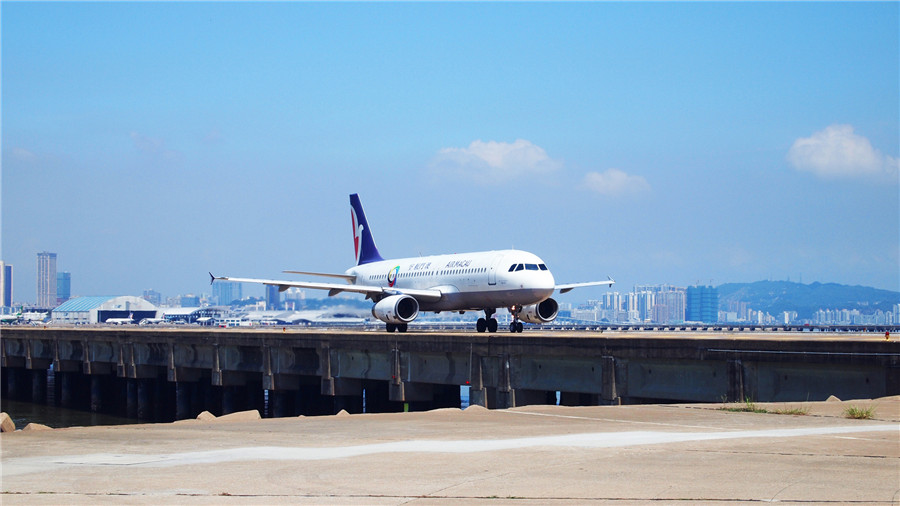 Warmly welcome foreign customers and improve infrastructure for their visits
Warmly welcome foreign customers and improve infrastructure for their visits
If the government wants more foreign visitors to Macau, it can take the lead in improving the infrastructure of Macau. Make the city more foreigner friendly. I see four obvious tactics here: more English, more international direct flights into Macau, continued improvement of the taxi industry and increasing service standards.
English
English is the de facto lingua franca of the world. Globally, over half a billion people speak English as a first language, more than a billion people speak English as a second language and over 1.5 billion people are studying English (the second most studied language in the world is French, with around 80 million students). English is very widely spoken in Singapore, Malaysia and India – all fantastic potential feeder markets for Macau. Almost all Filipino workers and many high-quality mainland Chinese workers speak English very well.
Flights
The overwhelming majority of flights into Macau in recent years have been from mainland China. We need more direct flights from places like India, Singapore, Malaysia, Indonesia, Thailand, Japan, Korea and Vietnam – even Australia. And upgrading the airport wouldn’t hurt either.
Taxis
Credit where credit is due – the Macau government, at last, has done an excellent job improving the taxi industry. The days of rampant “fishing” and other scurrilous practices seem to be fading away. But we still need many more taxis on the road, especially in peak times, as Macau has one of the highest visitors per taxi ratios in the world.
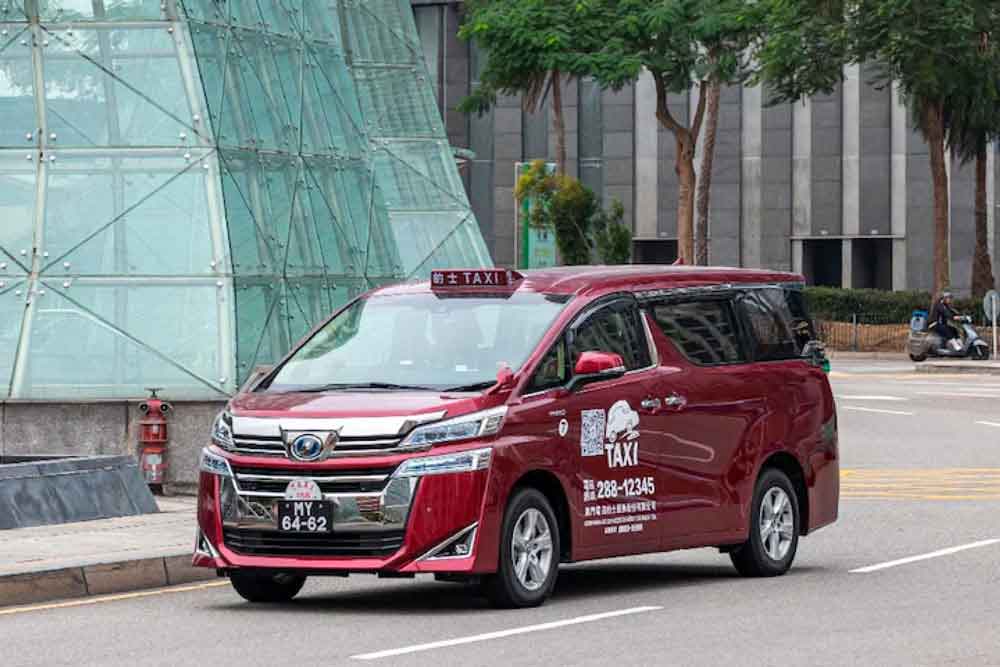
Service standards
The service delivery quality in Macau has improved – but it is still far from world-class. There are many vibrant and keen young service professionals from the mainland and elsewhere across Asia that we could hire in – both to uplift our standards and to help local Macau workers raise their game.
We need to get out of this slump
It used to be a source of pride that Macau GGR had grown to seven times the size of the Las Vegas gaming industry, and that Macau had the second-highest GDP per capita in the world. Well, guess what, gaming in Las Vegas and across the United States is now booming post-pandemic – with new records being set month after month. Over the past 12 months Las Vegas has averaged over US$1 billion dollars a month in GGR. In Macau we’re averaging just US$614 million per month this year. And Macau’s GDP per capita has come crashing down to about a third of what it was pre-pandemic.
In the future, mainland China is not going to be the easy feeder market it once was. The Macau government is to be commended for encouraging more foreign visitation. Such visitation can help get us out of this slump we’re currently in, so let’s continue the conversation and support the industry in the pursuit of this noble goal.






